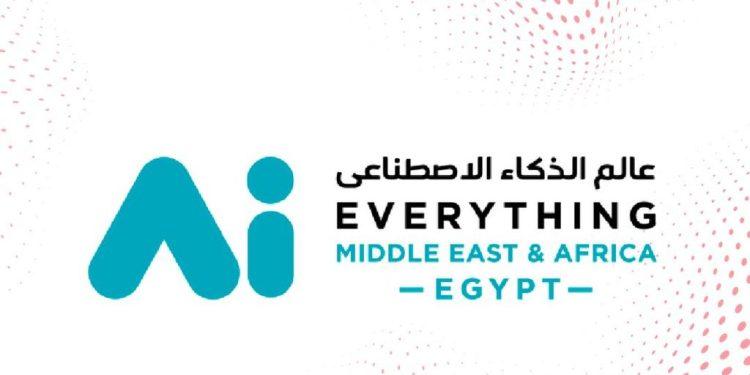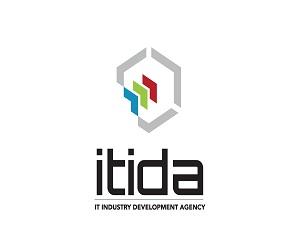· Many of Egypt’s family businesses have not sufficiently grasped the speed with which digital, data-driven technologies are transforming the global economy: only 6% rank digital transformation as a top concern
· The survey indicates that there is a need to professionalise Egypt’s family businesses: 45% of respondents said they don’t have a formal board of directors or a succession plan
· Egypt’s family businesses should urgently put in place processes to govern how the family interacts with the business and develop clear strategic plans that harness the power of digital technologies
By ; Nahla Ahmed
PwC Middle East shared today its inaugural Egypt Family Business Survey, which looks at the business and economic impact of COVID-19 on family businesses in Egypt.
The report highlights that while some of Egypt’s family businesses displayed resilience and agility in navigating extreme crisis conditions, others are vulnerable to rapid economic change, which the COVID-19 crisis has accelerated.
Not surprisingly, as a result of COVID-19, improving profitability is the top priority for most respondents. However, it appears that many family businesses in Egypt have not sufficiently grasped the speed with which digital, data-driven technologies are transforming the global economy. 64% of the survey respondents do not believe they are vulnerable to digital disruption and 55% say they are not prone to a cyber attack. Only 9% said they needed to innovate or make changes to their business model, while just 6% ranked digital transformation as a top concern.
Egypt’s family businesses cannot ignore the degree to which digital technologies will be integral to their survival and success in the coming years, regardless of their company’s size and sector. They should invest urgently in digital capabilities and skills throughout the business, from automation to data analytics, that will enable them to serve their customers better.
The survey also confirms that Egypt’s family businesses have been slow to professionalise their governance and operations compared with their global peers. 43% of the survey respondents said that they do not have a dynamic strategic plan in place for the next three to five years, however 80% reported that they are now likely to introduce one, and 45% have no formal board of directors.
Further, many family owners haven’t formalised their involvement in the company. 64% of respondents do not have an official shareholders’ agreement, 45% have no succession plan and 43% say they have not involved the next generation of family members when preparing for the succession.
In the COVID-19 era, Egypt’s family businesses can’t assume that informal family bonds will be enough to hold the company together and deliver sustainable value in an increasingly competitive market. Family businesses should urgently put in place processes to govern how the family interacts with the business rather than rely on old customs and procedures and develop clear strategic plans that harness the power of digital technologies.
Rigorous succession planning should also be top of the agenda, enabling family businesses to minimise the potential for internal conflict and ensure the business remains in the family’s hands in the new normal of accelerating, tech-driven change.
Family businesses which embrace these changes, rather than resist them, will be best placed to survive and prosper as Egypt recovers from the pandemic.
Nabil Diab, Partner and Chief Operations Officer, PwC Egypt: “Our findings provide evidence of the vulnerability of Egypt’s family businesses to rapid economic change. Further introduction of digital technologies across their businesses and prioritisation of professionalising operations and culture, will see family businesses emerge stronger from the crisis.”














































































